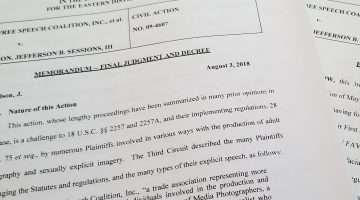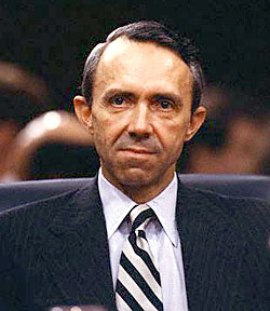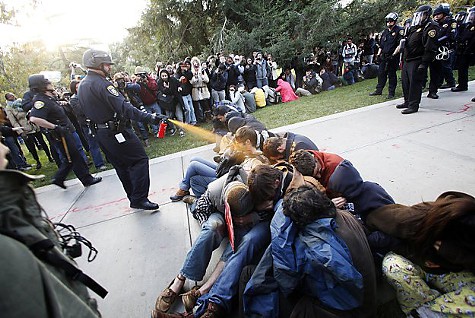 WASHINGTON, DC – David H. Souter, 69, an associate justice of the U.S. Supreme Court, appointed by George H. W. Bush in 1990, has indicated his intent to retire at the end of the court’s current term in June.
WASHINGTON, DC – David H. Souter, 69, an associate justice of the U.S. Supreme Court, appointed by George H. W. Bush in 1990, has indicated his intent to retire at the end of the court’s current term in June.
A court spokesperson, speaking for Souter, declined to confirm the reports broken by NPR Thursday evening, but whenever it comes Souter’s public announcement will be the most anticlimactic in history.
Souter’s determination to leave the court dates back years, possibly to the very beginning of George W.
Bush’s first term, when the court decided Bush v. Gore in a decision that changed the course of American history.
According to Jeffrey Toobin, in his 2007 book The Nine, Souter’s reaction to Bush v. Gore was nothing short of a watershed moment in the reclusive juatice’s relationship to the court and his colleagues.
“Toughened, or coarsened, by their worldly lives, the other dissenters could shrug and move on, but Souter couldn’t,” Toobin wrote. “His whole life was being a judge. He came from a tradition where the independence of the judiciary was the foundation of the rule of law. And Souter believed Bush v. Gore mocked that tradition. His colleagues’ actions were so transparently, so crudely partisan that Souter thought he might not be able to serve with them anymore. Souter seriously considered resigning. For many months, it was not at all clear whether he would remain as a justice. That the Court met in a city he loathed made the decision even harder. At the urging of a handful of close friends, he decided to stay on, but his attitude toward the Court was never the same. There were times when David Souter thought of Bush v. Gore and wept.”
There is some disagreement over the tears, but not much over the underlying disappointment. Whether the die was cast then and because of that decision is now a question for history. Barack Obama’s first Supreme Court appointment will solidify Souter’s left-leaning position and allow the administration to plan for perhaps three or more nominations during the first term, considering Justice Ruth Bader Ginsburg’s health and Justice John Paul Steven’s age.











No Comment